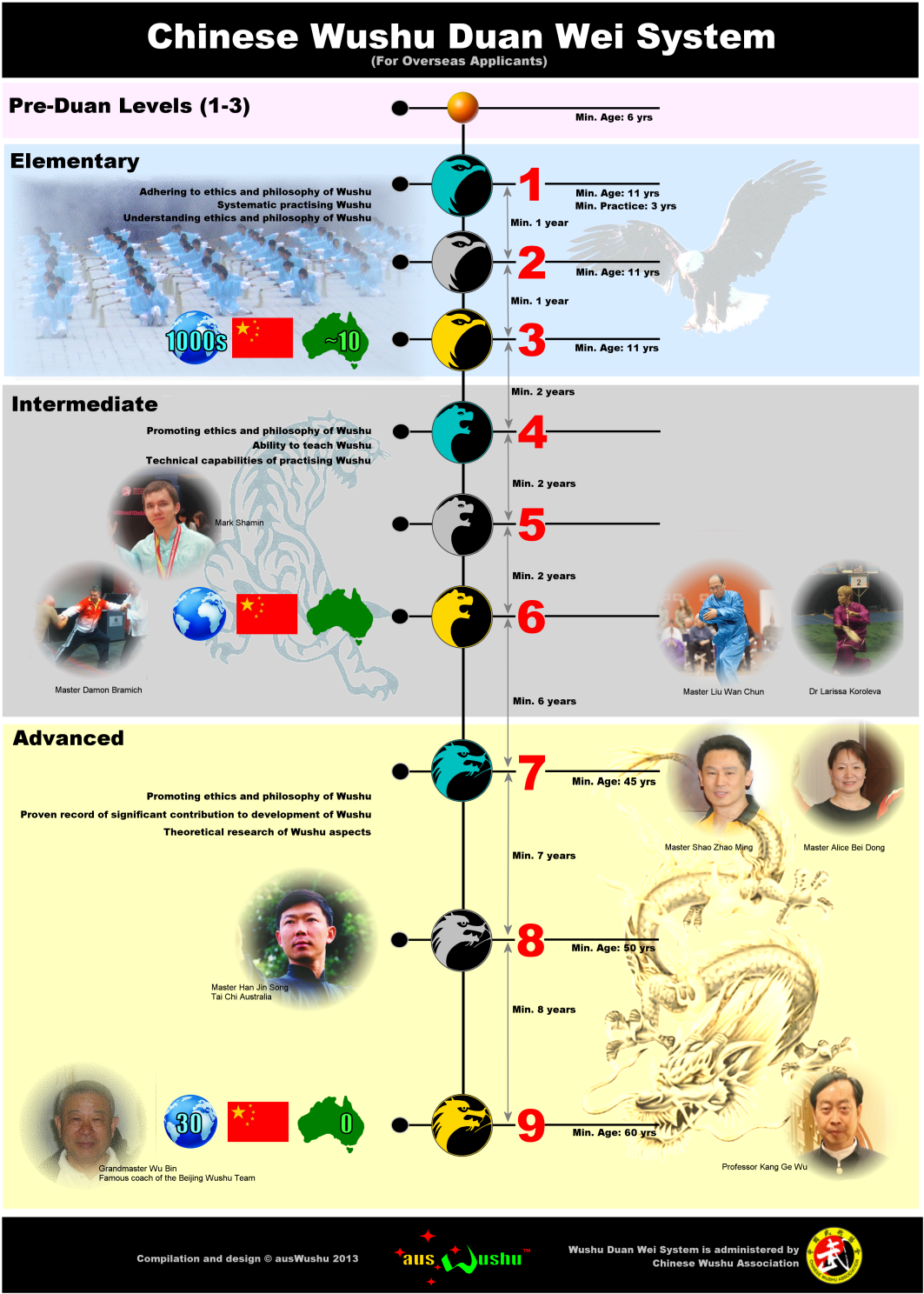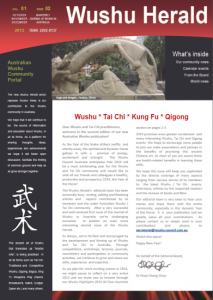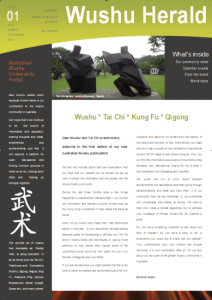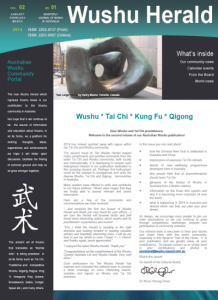The Wushu Duan Wei System
In China and some other countries, Wushu is taught at universities and colleges as an academic and professional subject. The absence of formal Wushu education in Australia presents a difficult challenge to the Wushu, Tai Chi and Qigong instructors and the general public seeking their services.
The Duan Wei System might be an answer…
“The Chinese Wushu Duan Wei System is a system stipulated and implemented by the Chinese Wushu Association to overall evaluate the levels of Wushu practitioners. To further popularize and promote Wushu worldwide, and increase theoretical and technical level, the Chinese Wushu Association holds “Training Course and Examination of Chinese Wushu Duan Wei System for Overseas Practitioners” from time to time” [from the official website of the Chinese Wushu Association – www.wushu.com.cn]. The information below is adapted from the abovementioned website.
What is the Duan Wei System?
Wushu and Tai Chi practitioners have the internationally recognised grading system called Duan Wei system. As was stated above, the Duan Wei System was established by the Chinese Wushu Association in conjunction with the National Sport Commission and the Chinese Wushu Research Institute to provide international standards for Wushu/Tai Chi grading.
The report about the meeting of the Wushu officials in China states that “Wushu Administrative Centre of the State Sports General Administration’s focus is to continue to promote in-depth development of Wushu Duan System. Wushu Duan System is one of the pillars of the system to support the development of martial arts career.”
It is a step-by-step “low-to-high level” evaluation system for all martial arts practitioners according to the required standards in Wushu that supports practitioners’ efforts. It also provides them with latest research information and helps to develop and improve their skills regardless of their background.
The Duan Wei System was revised in 2011 with the introduction of the Duan Wei Text Book (sometimes called New Tutorials) Series as the result of many years of research and consultation with leading Wushu masters of respective styles (hundreds of masters were consulted during this research). Although there were quite a few changes lately in the way of the content, routines and assessment, the essence of the grading procedure remains relatively the same.
The simplest way to understand it will be to compare it with the study at the university. The first three levels (Elementary Duans) correspond to the years of studying at the college: the First Duan, the Second Duan and the Third Duan – based on years of study and practical and technical skills that are assessed during exams.
Next, or intermediate, levels are for teachers and instructors with experience and knowledge acquired during the years of teaching and practicing. At these levels, the age and number of years spent on practice is taken into account; people cannot jump over the grades. The Fourth Duan would roughly (only for the sake of comparison) correspond to a Lecturer in our university system; the Fifth Duan – to Senior Lecturer; and the Sixth Duan – to Professor. And that’s what you will see in Chinese Universities whose lecturers in Wushu all have to go through the system and be assessed, so they all are at different levels of their expertise.
The candidates for Duan levels 3-6 are assessed on the basis of two forms (bare-hand and weapon) of their choice. The assessment can be done on the basis of the score that participants get by engaging in competition, however, practitioners can be also assessed without doing so.
The highest technical level is the Sixth Duan. Those who have held the Sixth Duan and practiced for another six years, passed theoretical and practical exams, made remarkable achievements in theoretical research and are at least 45 years old and “noble-minded in wushu virtues” are qualified for applying for the Seventh Duan.
The Eighth Duan has been usually given for additional work on the world-wide level in the field of academic knowledge and promoting the arts.
The Ninth Duan is reserved for only a few distinguished masters who are considered to be “living treasures”.
There are also three so-called pre-Duan levels (sometimes called “Wushu for Fun”).
In summary, there are the following divisions in the Duan Wei grading:
- Pre – Duan Wei: 1st Level, 2nd Level, 3rd Level
- Elementary Duan Wei: 1st Duan, 2nd Duan, 3rd Duan
- Intermediate Duan Wei: 4th Duan, 5th Duan, 6th Duan
- Advanced Duan Wei: 7th Duan, 8th Duan, 9th Duan
The Chinese Wushu Association is dedicated to running regular training sessions for instructors teaching Wushu as well as practitioners interested in their personal development and professional growth.
International applicants are welcome but they have to have practiced Wushu for at least two years and should be able to demonstrate their technical skills and theoretical knowledge and understanding of Wushu ethics and etiquette.
Unlike other martial arts’ grading systems, where sometimes eight-year olds can have “black belts” awarded by their own local instructors, the Duan Wei System is administered by the Chinese Wushu Association and the Duans are awarded by a panel of professional assessors.
(This article was originally published in Wushu Herald 2014 Volume 2 Issue 1)











